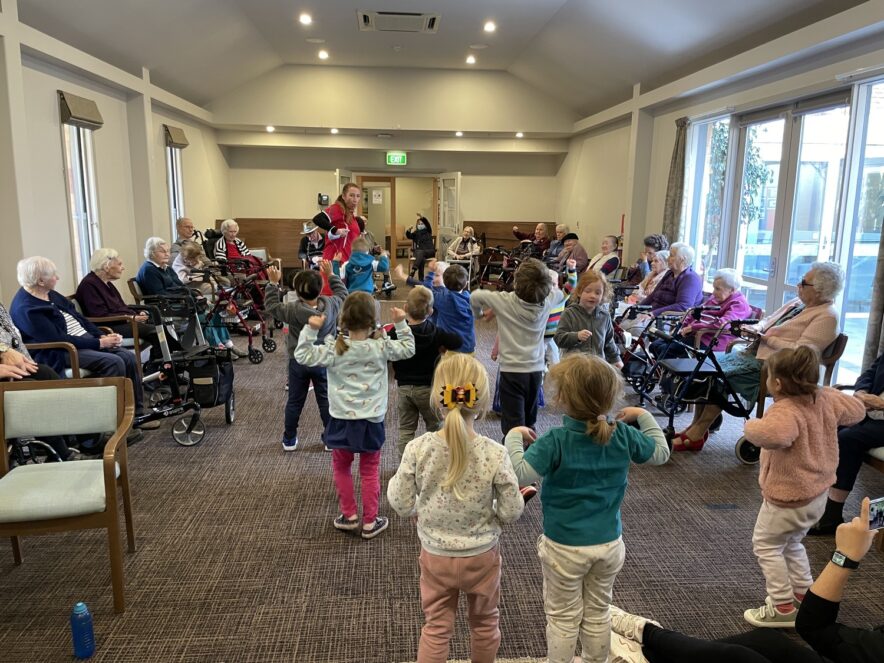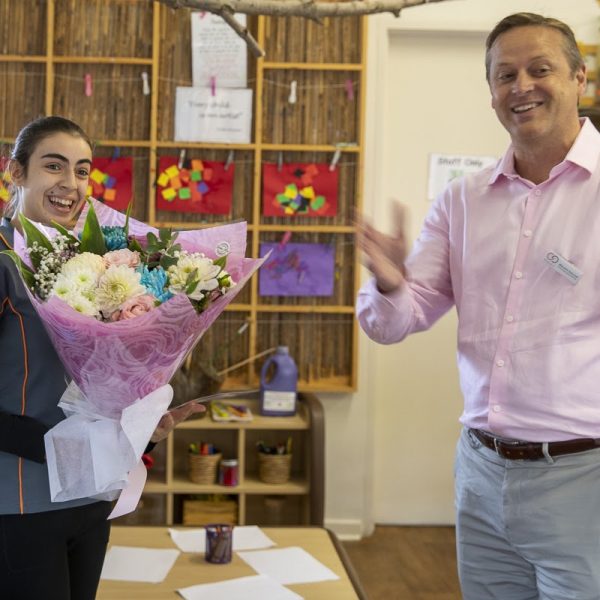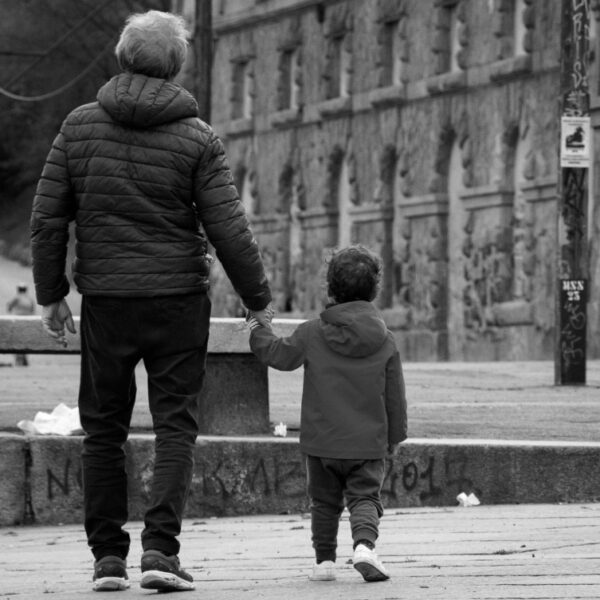G8 Education pledges support for growth of intergenerational practice communities

Early childhood education and care (ECEC) provider G8 Education has pledged support for the growth of intergenerational practice communities, acknowledging the power those relationships hold in developing children’s emotional, social and cognitive abilities.
“A community of intergenerational practice brings benefits to all involved and is something G8 Education is keen to expand because we can learn so much from one another regardless of age,” shared G8 Education’s Partnerships and Innovation Manager Dr Mia Christensen, speaking at the Australian Institute for Intergenerational Practice (AIIP) 2023 Symposium.
The symposium was sponsored by G8 Education, who brought together practitioners, researchers, policy makers, and business innovators to discuss the power of intergenerational practice and connections.
“G8 Education is incredibly thankful to be a sponsor of this event and to contribute to the essential sharing of knowledge, connections and collaborations that will occur across and beyond this symposium,” Dr Christensen said.
“Many of our centres are involved in programs and practices that connect with the community, particularly with the older generations through reciprocal visit programs, letter and art exchanges, and community group support programs.”
While the pandemic saw a lot of the physical interactions between children and their community reduce or stop altogether, Dr Christensen said centres worked hard to maintain connections, with online options proving very popular, along with traditional methods of communication such as mailing letters and art and making phone calls.
To assist in uplifting centre knowledge and capability to begin rebuilding G8 Education’s intergenerational care relationships back up to pre-pandemic levels, two team members from Queensland attended the AIIP 2023 Symposium.
Intergenerational practice has proven to have many benefits for both generations from reducing depression and increasing gait speed, grip, step count and balance in older generations to supporting social, emotional and language development in young children.
To learn more about the benefits of intergenerational practice, please see here.
Popular

Practice
Provider
Quality
Research
Workforce
New activity booklet supports everyday conversations to keep children safe
2025-07-10 09:00:16
by Fiona Alston

Quality
Practice
Provider
Research
Workforce
Honouring the quiet magic of early childhood
2025-07-11 09:15:00
by Fiona Alston

Quality
Practice
Provider
Workforce
Reclaiming Joy: Why connection, curiosity and care still matter in early childhood education
2025-07-09 10:00:07
by Fiona Alston












